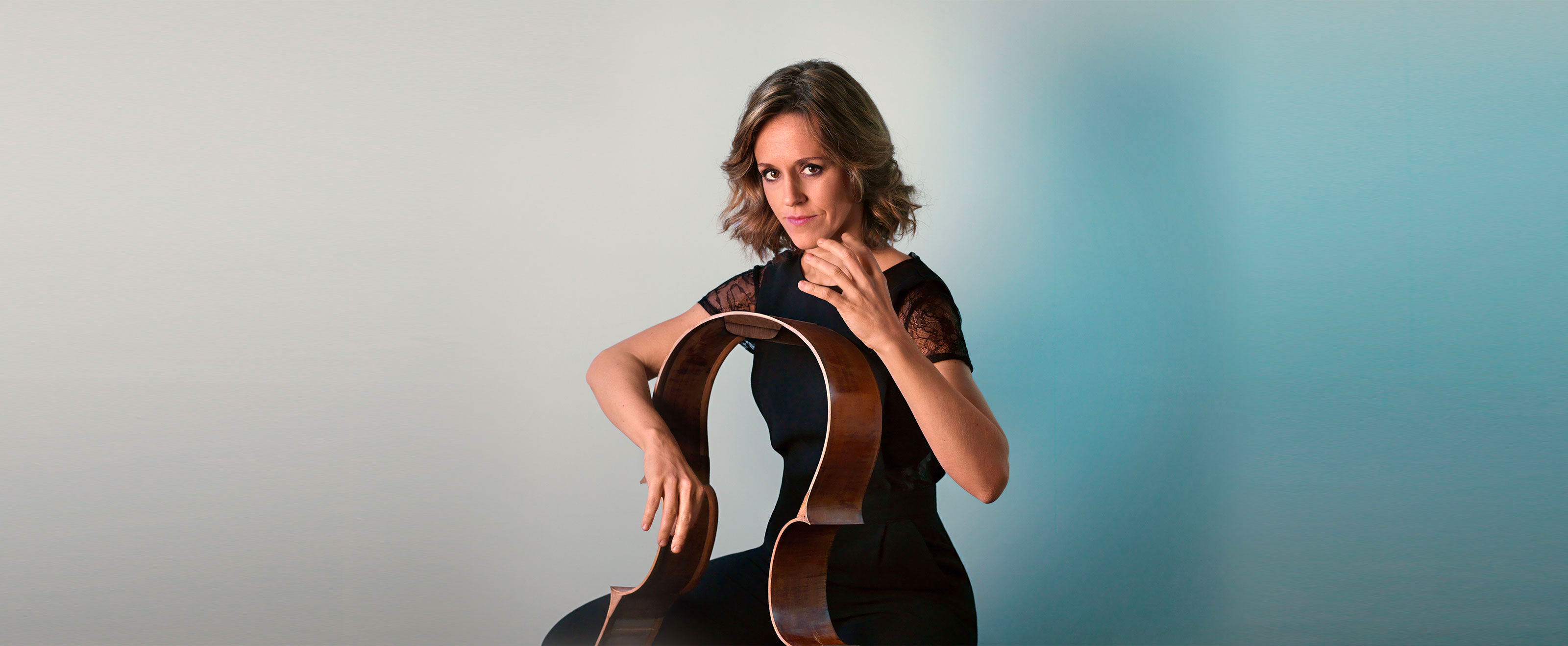Press
Talk about a trial by fire. Not only was Gabetta making her CSO debut on these programs, but Orchestra Hall is a vexed host for low-string concertos. Soloists are fitfully heard from non-floor seats, and those who can project over the orchestra often do so by overplaying.
But nail-nibbling circumstances turned out the most expertly balanced low-string concerto in the CSO’s post-COVID seasons. Gabetta’s instrument has a dark-hued mildness, but she wields it with a gymnast’s lithe muscularity. It’s tempting to grab this concerto with a clenched fist, all squeezy fortissimos and angry intensity. Gabetta was more interested in the finer points — how to vary the obsessive four-note motif that cinches the entire work, when to back off vibrato for haunting straight tones in the second movement, and whether, with this hall and audience, she could play as softly as she dared in her third-movement cadenza. (She could.)
The CSO’s ensemble voices sprung up in spirited dialogue — the bassoon’s taunting interruptions, a bagpipey clarinet drone in the last movement. Emphatic but never domineering, Mäkelä brokered something richer than the usual soloist–accompaniment relationship.
After the Shostakovich, many cellists would be content to toss off a bonbon encore, if they give one at all. Not Gabetta. She played the second movement from Peteris Vasks’s “Grāmata čellam” (“The Book,” in Latvian), an ethereal essay that begins with gossamer string effects and, at its apex, has the soloist sing in harmony with their cello. (Yes, really.)
- Chicago Tribune, 05.04.2024
